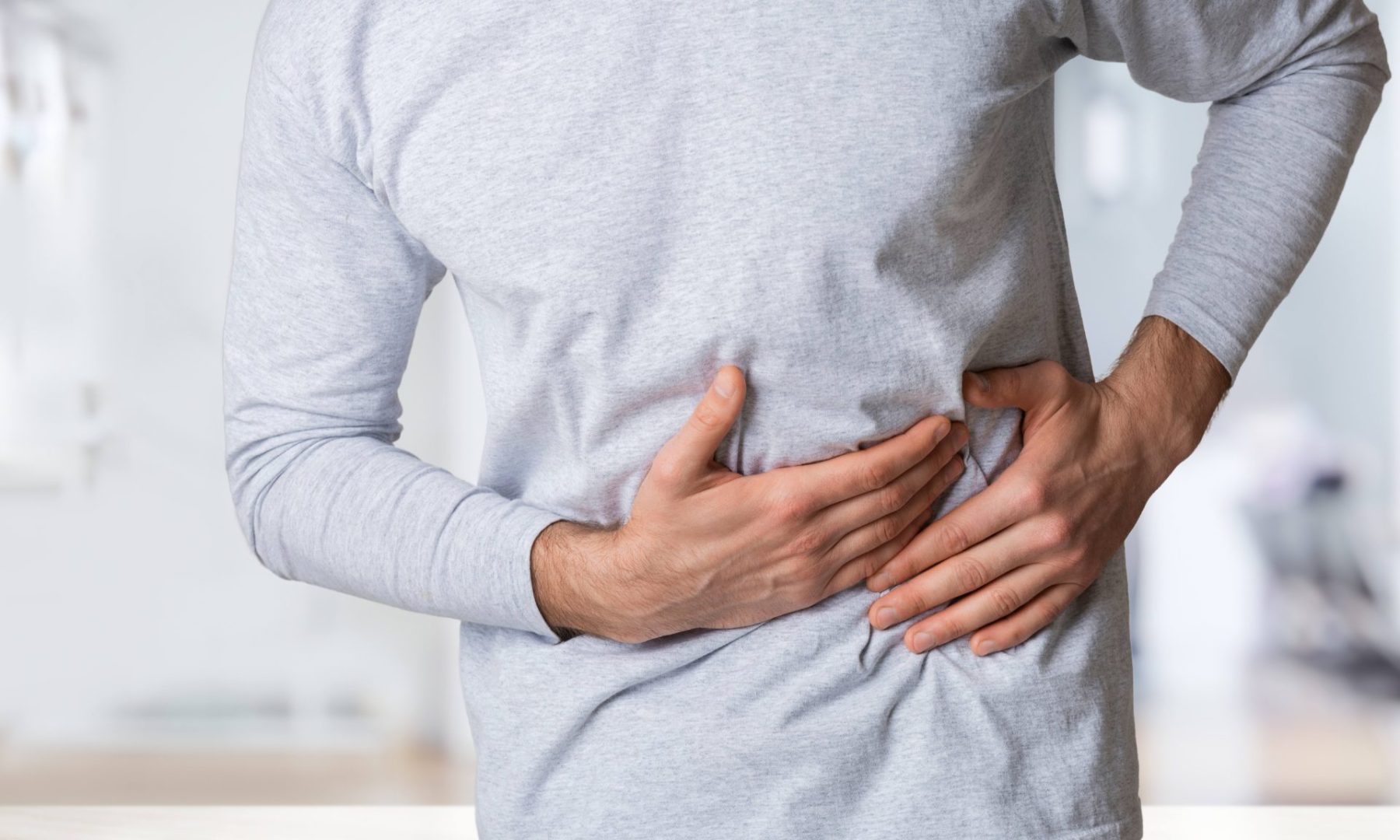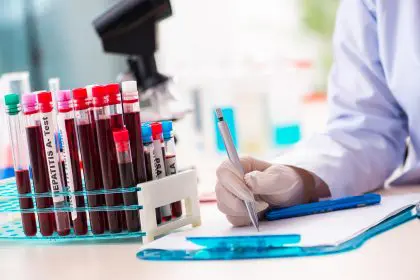The liver, a reddish-brown organ weighing about three pounds in adults, performs over 500 essential functions yet rarely commands the attention given to the heart, brain, or even gut. This metabolic powerhouse processes virtually everything we consume, breathe, or absorb through our skin. It transforms nutrients into usable forms, neutralizes toxins, regulates blood sugar, produces essential proteins, and stores critical vitamins. Despite this impressive resume, most people only consider their liver health after problems develop, a missed opportunity given how responsive this organ is to positive lifestyle changes.
The quiet epidemic of liver stress
An estimated 80-100 million Americans have nonalcoholic fatty liver disease (NAFLD), a condition where excess fat accumulates in liver cells. Many remain completely unaware of their condition as symptoms typically appear only after significant damage occurs. This silent progression makes preventive strategies particularly valuable.
Beyond NAFLD, the liver faces increasing challenges from environmental pollutants, medication loads, and dietary patterns. The average American is exposed to over 80,000 industrial chemicals, many requiring liver detoxification. This constant workload can exceed the organ’s remarkable but finite capacity, particularly when combined with nutritional deficiencies that compromise optimal function.
Modern lifestyle factors further stress this vital organ. Processed food consumption, sedentary patterns, disrupted sleep, and chronic stress all impact liver metabolism. The good news is that the liver possesses extraordinary regenerative capacity when given appropriate support. Even after losing 75% of its tissue, a healthy liver can regenerate completely within months, a capability that highlights the potential benefits of liver-supportive practices.
8 tips for liver support
Research reveals several practical approaches to optimize liver function:
Mediterranean dietary patterns: A diet rich in whole foods, particularly fresh vegetables, fruits, olive oil, nuts, seeds, and fatty fish, provides the nutrients needed for detoxification pathways. Multiple studies associate Mediterranean eating patterns with reduced liver fat and improved liver enzyme profiles. The fiber content supports healthy bile flow while plant compounds enhance detoxification enzyme activity.
Strategic hydration habits: Adequate water intake, generally 8-10 cups daily for most adults, supports the liver’s filtration processes and helps dilute toxin concentrations. Morning hydration proves particularly beneficial, jump-starting detoxification after overnight regenerative processes. Adding lemon provides citric acid and antioxidants that may enhance bile production and flow.
Cruciferous vegetable consumption: Broccoli, cauliflower, Brussels sprouts, and other cruciferous vegetables contain sulforaphane and indole-3-carbinol, compounds that upregulate phase 2 liver detoxification enzymes. Research indicates eating these foods 3-4 times weekly significantly improves detoxification capacity and may help reduce liver fat accumulation.
Regular movement patterns: Exercise reduces liver fat even without weight loss, improves insulin sensitivity, and enhances circulation to and through the liver. Both aerobic activities and resistance training show benefits, with even modest amounts, like 30 minutes of brisk walking five times weekly, demonstrating measurable liver improvements in clinical studies.
Time-restricted eating windows: Giving the liver consistent daily fasting periods appears to enhance its metabolic flexibility and regenerative capacity. Research suggests restricting food intake to a 10-12 hour window each day, such as 8am to 6pm, may optimize liver metabolism while supporting natural circadian rhythms that govern detoxification timing.
Strategic coffee consumption: Moderate coffee intake, typically 2-3 cups daily, associates with multiple liver benefits in population studies. Both caffeinated and decaffeinated coffee demonstrate protective effects, suggesting the benefits derive from polyphenols rather than caffeine alone. These compounds appear to reduce liver inflammation, enhance antioxidant defenses, and potentially slow fibrosis progression.
Minimizing ultraprocessed foods: Foods high in refined carbohydrates, industrial seed oils, and artificial additives create metabolic stress for the liver. These products often contain high fructose corn syrup, which, unlike glucose, gets processed almost exclusively by the liver, contributing directly to fat accumulation when consumed in excess. Replacing even a portion of these items with whole food alternatives significantly reduces liver burden.
Optimal sleep hygiene: Quality sleep provides essential recovery time for liver regeneration and toxin processing. Sleep disruption alters liver metabolism, potentially increasing fat accumulation and inflammation. Prioritizing 7-8 hours of quality sleep with consistent bed and wake times supports the liver’s natural regenerative cycle, which peaks during night hours.
Nutrients that power detoxification pathways
The liver’s detoxification capacity depends on specific nutrients that act as cofactors in its complex biochemical processes:
Glutathione, often called the master antioxidant, plays a central role in neutralizing toxic compounds. The liver synthesizes this protective molecule from three amino acids: glycine, glutamine, and cysteine. Foods rich in these precursors, such as eggs, garlic, onions, and cruciferous vegetables, support optimal glutathione production. Glycine-rich bone broth and collagen also provide building blocks for this critical detoxification compound.
B vitamins serve as essential cofactors in numerous liver enzymes that transform toxins into water-soluble forms for elimination. Deficiencies in folate, B6, B12, or riboflavin can create detoxification bottlenecks. Leafy greens, nutritional yeast, eggs, and a variety of vegetables provide these crucial nutrients.
Minerals, particularly magnesium, selenium, and zinc, enable proper enzyme function throughout detoxification pathways. Modern agricultural practices have reduced mineral content in many foods, making conscious inclusion of mineral-rich options important. Pumpkin seeds, Brazil nuts, shellfish, and dark leafy greens offer concentrated sources of these elements.
When supplements make sense
While obtaining nutrients from whole foods remains ideal, certain supplements show promise for liver support in specific circumstances:
Milk thistle (silymarin) demonstrates liver-protective effects in multiple studies, particularly for those with existing liver stress from alcohol, medications, or fatty liver disease. This botanical appears to reduce oxidative damage while supporting regeneration and bile flow.
N-acetyl cysteine (NAC) provides a precursor for glutathione production and shows benefit in cases of acetaminophen toxicity, alcohol-related liver damage, and fatty liver disease. Its ability to replenish glutathione makes it valuable during periods of increased toxin exposure or metabolic stress.
Berberine, a compound found in several medicinal plants, shows emerging promise for metabolic liver support. Research indicates it may improve insulin sensitivity, reduce liver fat, and positively influence lipid metabolism through activation of AMPK, a master regulator of cellular energy.
However, supplement quality varies tremendously, and some products may contain contaminants that ironically increase liver burden. Working with knowledgeable healthcare providers to select appropriate, third-party tested supplements ensures safety and efficacy when supplementation is warranted.
The misleading concept of liver “cleansing”
Despite robust scientific understanding of liver function, misconceptions about liver “detoxes” and “cleanses” persist in popular culture. These approaches often involve restrictive juice fasts, costly supplement packages, or extreme protocols promising to “flush” toxins.
The reality is more nuanced: the liver detoxifies continuously, not in sporadic bursts triggered by special products. True liver support focuses on providing necessary nutrients, reducing toxic burden, and creating conditions that optimize natural function rather than forcing artificial processes.
Some commercial cleanse products may actually stress the liver by creating sudden metabolic shifts or delivering high concentrations of compounds requiring detoxification. Others contain diuretics or laxatives that create an illusion of “detoxification” through increased urination or bowel movements without meaningfully supporting liver function.
The whole-body benefits of liver care
Optimizing liver health creates ripple effects throughout the body. When the liver functions efficiently, hormones remain properly balanced, energy production improves, and inflammation often diminishes. Many people report clearer skin, more stable energy, improved digestion, and better sleep when they implement liver-supportive practices.
For those experiencing unexplained fatigue, stubborn weight gain, digestive irregularities, or hormonal imbalances, addressing liver health may provide a missing piece of their health puzzle. The liver’s central role in metabolism means its optimization often yields benefits far beyond the organ itself.
As research continues illuminating the liver’s remarkable capabilities and vulnerabilities, one thing becomes increasingly clear, this hardworking organ responds readily to positive changes. The resilience built into its design means that even after years of suboptimal support, the liver can often recover significant function when given the right tools, a testament to the body’s remarkable capacity for renewal.

















